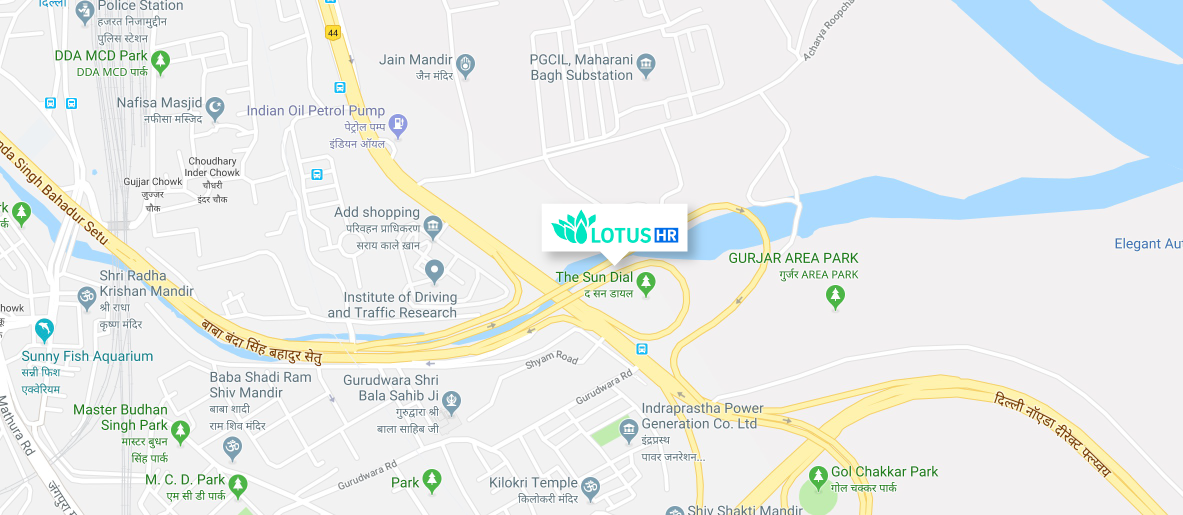Societal relevance
India’s rapid urbanization and extreme climate keeps on putting more stress on fresh water supplies.
In New Delhi, due to the pollution in the Yamuna river, drinking water is used for domestic use, irrigation and industry.
Simultaneously, water resources are polluted by untreated wastewater discharge and competitive claims on water lead to shortages in many sectors. Despite the major health risks posed by the heavily polluted waters, residential water use for hygienic and ritual practices continues as water and rivers are considered sacred within Indian society.
In New Delhi, due to the pollution in the Yamuna river, drinking water is used for domestic use, irrigation and industry. However, there is no need to use high quality drinking water for all purposes. For many applications water could be reused with relatively simple treatment, as long as water is safe for use.
By cascading water reuse, each subsequent user needs a slightly lower quality of water than the user before, the societal costs can be further reduced. Additionally, the indirect recovery of resources from the drain water provides local people an opportunity to sustain their livelihood by selling these materials further adds to the societal benefits. We anticipate that by providing an incentive, that could directly generate additional income, social acceptation of water reuse will become easier.
By integrating the societal, the environmental and technological factors associated with water scarcity, pollution and usage, the holistic approach of LOTUSHR is formed. We believe that this combination is the key to successful water reuse.



